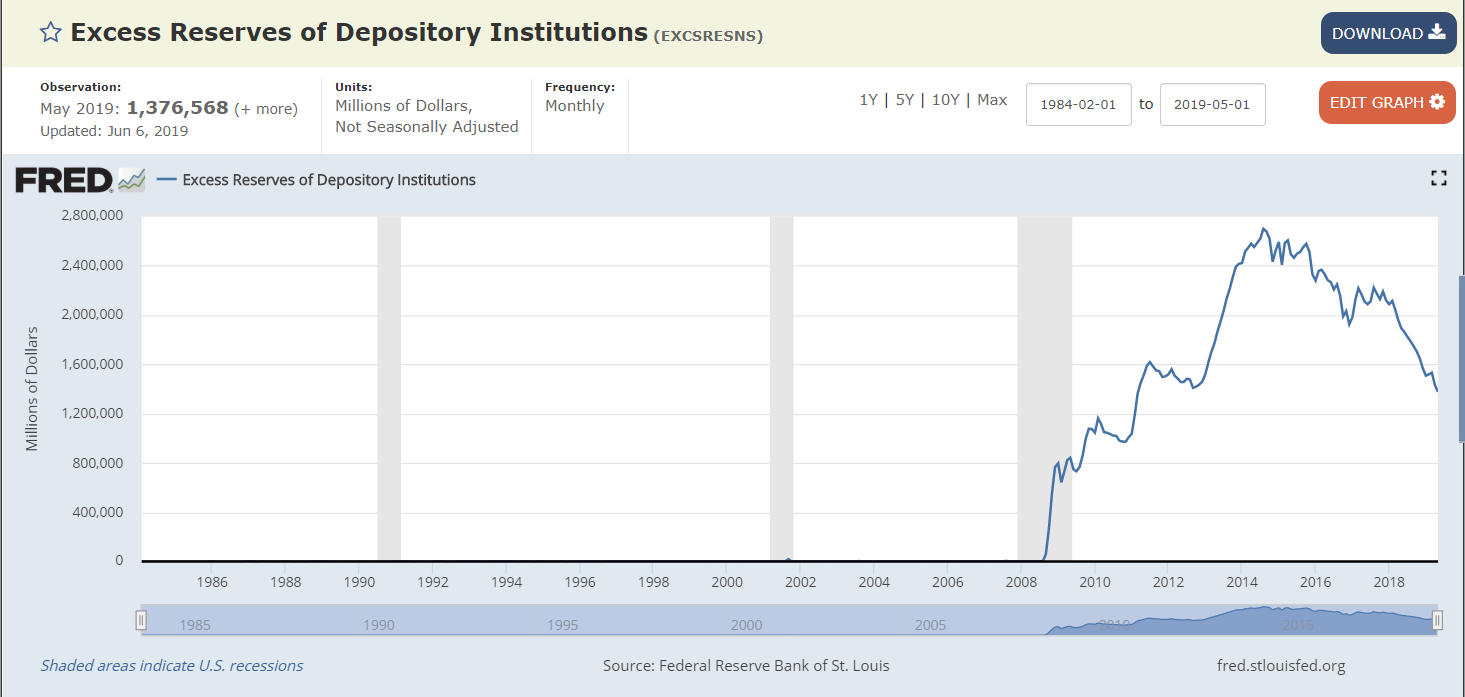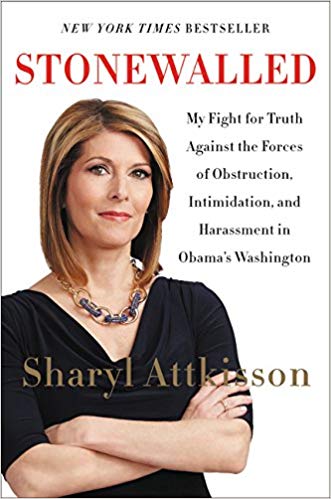Back in 2022, I came across this article that detailed the difference between what the author called Reals and Virtuals. It struck me a something profound, ubiquitous, and incredibly dangerous. The author basically classified people into two general camps, based on their way of viewing and working in the world. To explain this, I’ll use the table below that compares and contrasts the two styles.
| Reals | Virtuals |
| Get their feedback from the real world. If a plumber turns on the water after a job, and the water sprays all over the house, there’s no chance to say “Well, that’s a great job!” If an electrician burns down the house, no one calls him a great electrician. | Get their feedback from what other people (can be made to) think. After a corporate merger, the CEO will always declare victory, no matter what the financial or business results are. If a politician signs the “Revitalize America” bill, it’s completely beside the point if America gets revitalized or not. |
| Look for real-world, objective results. | Look for buy-in and concensus, spin. |
| Judge actions by their real-world results. It doesn’t matter what your intentions were, if you caused damage it’s a failure. | Judge actions by their intentions. As long as you meant well, it doesn’t matter how much damage you did. |
| Implement Thomas Sowell’s “Constrained Vision” (see his book “A Conflict of Visions”) – there are no solutions, only tradeoffs. Some problems are beyond our ability to solve. | Implements Sowell’s “Unconstrained Vision.” Believe that we can solve any and all problems, if we just have “political will.” |
| Sowell’s “Benighted”. Ridiculed and reviled by the Virtuals. | Sowell’s “Annointed”. Self-appointed to solve all problems (if only everyone would fall in line!). Seen as irrelevant clowns by Reals. |
| Depend on actual skill to be effective. | Depend on rhetorical flair. |
| Produce real things – cars, furniture, software, houses, etc. | Produce words: reports, speeches, books, lectures. |
| Manage reality. | Manage perception. |
| Electricians, mechanics, gardeners, plumbers, truckers, farmers, etc. | Politicians, professors, journalists, middle managers, etc. |
| Seek their own approval in the quality of what they produce. | Seek the approval of, and power over, others. |
| Implicitly believe complex systems theory and ecology. Realize that some things are beyond our understanding and control. | Explicitly believe in Newtonian mechanics and machines. Society can be improved if we just have a big enough spreadsheet and “political will” (aka enough force to compel everyone). |
| In the novel “A Wrinkle in Time”, the three witches. | In the same novel, the Planet of It. |
| Organic growth, life. | Top-down control, organization. |
| Embrace serendipity, faith. | Afraid of unpredictability, seek control |
| In industrial process theory, Empirical Process. | Defined Process. |
| Permiculture. | Industrial Agriculture. |
Once I learned this concept, I saw it everywhere. For example, I once worked in a hi-tech company that redesigned their website. Upon launching the new site, one-third of our traffic disappeared. To a Real, this was a disaster – customers hated our new site. To the Product Development department, the new site was “better” – because they said it was. You see this in government as well. Everyone is proud to sign the “Save the Children Act”, but few could even tell you what is in the law, and absolutely none of them will come back a year later to find out whether the children actually were saved, or whether the Act made their lives worse. You might say they don’t care about actual children, but in a larger sense I’m not sure they even understand that the children exist in a reality outside their own minds.
At another job, we took a test to see what Enneagram type we are (a personality classification system). Although all people are concerned with the truth to some degree, I was stunned to see that for many types, truth was far subordinate to being liked, fitting in, being in charge, being helpful, being recognized…it’s not that those people don’t care about they truth, but they’d happily ignore it (otherwise known as “lying”) for those other values.
Most university graduates are Virtuals, whereas most people who work in the crafts or with their hands are Reals. Therefore, most goverment and academic officials are Virtuals, living in some artificial construct of common consent, often with contempt for reality and the one-the-ground consequences of their actions. Have you ever noticed how politicians can act with real anger if you point out that the laws they passed are actually making things worse? Virtuals see to despise the Real world, and resent it if you try to make them think of it.
There’s a scene in Ayn Rand’s “Atlas Shrugged” where a passenger train’s engineer declines to take the train into a long tunnel, due to the decrepit state of the engine. A powerful politician bullies the railroad into taking the train into the tunnel. Everyone on board ends up dying. The politician was a Virtual; the engineer was a Real.
At this time in history, the human race faces existential challenges – possible peak energy, the failure and collapse of the fiat currency system, environmental collapse, all-consuming debt levels, the threat of nuclear war, etc. We need decision-makers with their heads firmly rooted in reality – like the train in the tunnel, this could all go south very quickly. Instead, we have a bunch of Virtuals so far divorced from reality that the phrase “Clown World” is now common (much like “Who is John Galt?” was comming in Rand’s novel).
Economist Thomas Sowell said “It is hard to imagine a more stupid or more dangerous way of making decisions than by putting those decisions in the hands of people who pay no price for being wrong.” Imagine how much worse if they don’t even believe in their heart that the price to be paid for bad decisions is easily avoided through spin and propaganda!


